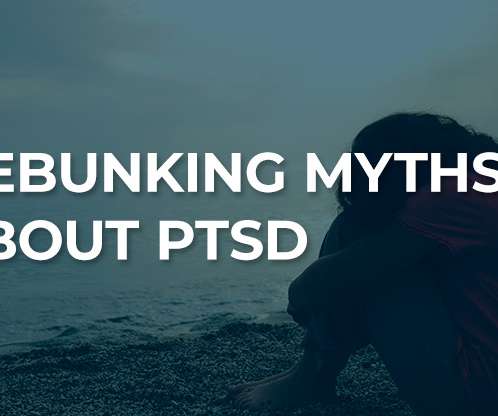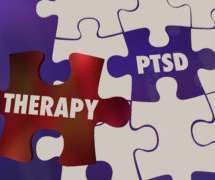Debunking Myths About PTSD
Gateway Foundation
DECEMBER 2, 2022
Post-traumatic stress disorder (PTSD) is a medical condition individuals can develop after traumatic experiences. People can develop PTSD from many experiences, including natural disasters, abuse or other life-altering events. Learning the truth about PTSD can help eliminate the stigma and encourage people to seek treatment.
















Let's personalize your content